 Please welcome Rebecca Adams Wright:
Please welcome Rebecca Adams Wright:
I received my Master of Fine Arts from the University of Michigan in 2008. At the time, Michigan’s MFA in fiction was an esteemed two-year program, with a potential third-year writing fellowship offered to a handful of students. I received one of those third-year Zell Fellowships and so was lucky enough to remain immersed in the MFA community for an extra year. These days, the University of Michigan’s Helen Zell Writers’ Program is even more highly rated—vying for top place on many annual lists with the University of Iowa’s famous Iowa Writers’ Workshop—and so well-funded that all students admitted to the program are offered a third year.
I knew Michigan’s was a prestigious program when I arrived, and I will admit to feeling terribly nervous upon first meeting my fellow graduate students. I was 22 when I came to campus in 2006, the youngest in my cohort, and though I was enthusiastic, I knew I had a lot to learn about the craft of writing and the art of telling a story. I had one small edge on the other students: having attended the University of Michigan as an undergrad, I was familiar with campus and still had some college friends living in the area. But that familiarity didn’t feel like much of an advantage when I learned what talented writers and accomplished people the other students were. Some had finished novels, were raising children, already worked fulfilling careers, or were earning a PhD alongside their MFA. They were an intimidating group who all seemed to have experienced so much more of life than me.
In the end, those daunting fellow students became some of my wisest teachers and closest friends. My stories benefitted from their broad experience, and I did my best to contribute to their understanding what was unique to my perspective. Working with such a talented cohort, and with the excellent teaching faculty at Michigan, was one of the transformative experiences of my writing life. I left the MFA program with three tangible rewards—I could articulate what made a story a story (and what was just words on a page), I could write more meaningful stories (usually), and I had a group of great contacts—writer friends who had read my work and would continue to read it as I matured and improved, who would share their work with me, and with whom I could trade encouragement as we stumbled together down the rocky path to publication.
The connections I formed during my time in the MFA program ended up being one of the best investments I ever made in my artistic self. Michigan faculty have promoted and blurbed my latest collection, The Thing About Great White Sharks. Members of my fiction cohort read the unpublished manuscript and suggested changes that dramatically improved the included stories. One of my closest friends from the MFA program put me in touch with the editor who ultimately purchased the completed book.
Just as importantly, the relationships I formed at Michigan made me feel like a professional. At a crucial period in my development as a writer, I was not only allowed but encouraged to treat my dream like a job—that is, like something important and meaningful that I should be working at daily. The curriculum at Michigan was demanding, but working alongside artists who took art seriously helped me to develop my own writing discipline. Even when I questioned my talent I knew that I was picking up the right skills for continued improvement.
The MFA experience may not be for everyone, but it was an immensely valuable experience for me. I emerged from my program a steadier, more precise, and more confident writer, and one who understood the importance of a sustaining community. When I came to Michigan’s MFA program, I wrote because I felt inspired. When I left, I wrote because I was a writer.
In this collection’s richly imagined title story, our brutal and resourceful protagonist is determined to protect her family from a murderous, shark-ridden world—at any cost. Elsewhere, an old woman uncovers a sinister plot while looking after a friend’s plants (“Orchids”), and a girl in the war-torn countryside befriends an unlikely creature (“Keeper of the Glass”). In “Barnstormers,” a futuristic flying circus tries to forestall bankruptcy with one last memorable show. At the heart of “Sheila” is the terrible choice a retired judge must make when faced with the destruction of his beloved robotic dog, and “Yuri, in a Blue Dress” follows one of the last survivors of an alien invasion as she seeks help.
Extending from World War II to the far future, these fifteen stories offer a gorgeously observed perspective on our desire for connection and what it means to have compassion—for ourselves, for one another, for our past…and for whatever lies beyond.

Rebecca Adams Wright is a 2011 graduate of the Clarion Science Fiction and Fantasy Writers’ Workshop and a former University of Michigan Zell Writing Fellow. She has an MFA in fiction from the University of Michigan and has won the Leonard and Eileen Newman Writing Prize. Rebecca lives in Ypsilanti, Michigan, with her husband and daughter. Connect on Facebook and Twitter.
Visit the rest of the stops on the TLC Book Tour.
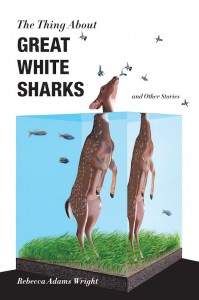

 About the Author:
About the Author: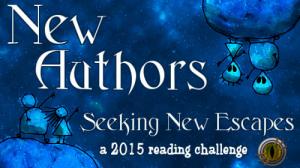

 About the Author:
About the Author:
 About the Author:
About the Author:
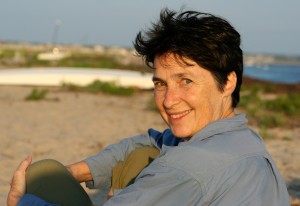 About the Poet:
About the Poet: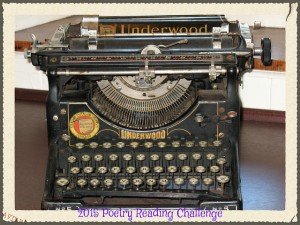
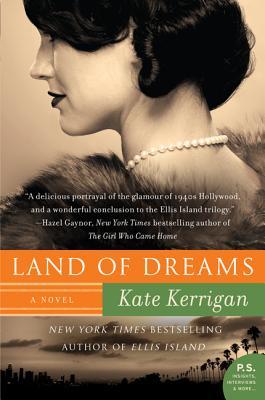
 About the Author:
About the Author: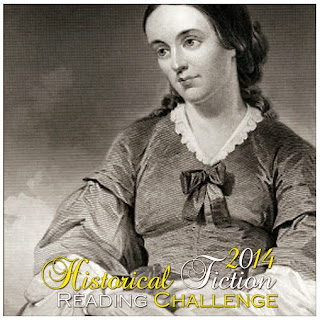



 About the Author:
About the Author: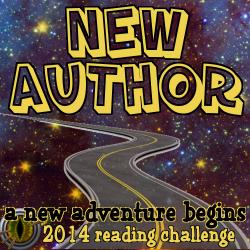
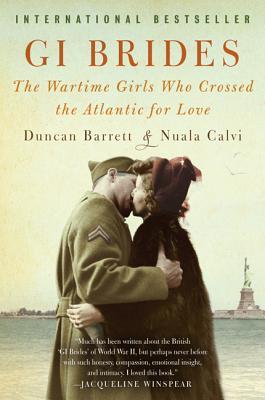
 About the Authors:
About the Authors: Nuala Calvi also studied English and has been a journalist for eight years with a strong interest in community history pieces. She took part in the Streatham Stories project to document the lives and memories of people in South London. They live in South London.
Nuala Calvi also studied English and has been a journalist for eight years with a strong interest in community history pieces. She took part in the Streatham Stories project to document the lives and memories of people in South London. They live in South London.
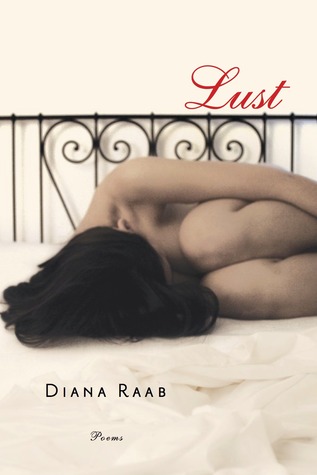
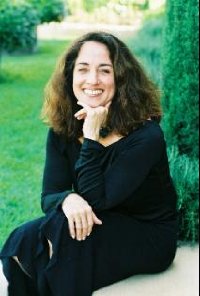 About the Poet:
About the Poet:

 About the Author:
About the Author:
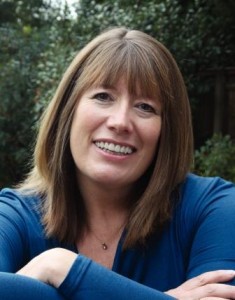
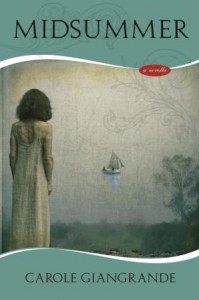
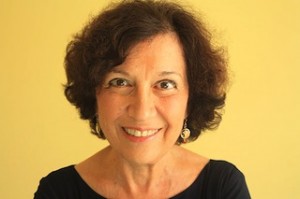 About the Author:
About the Author:


